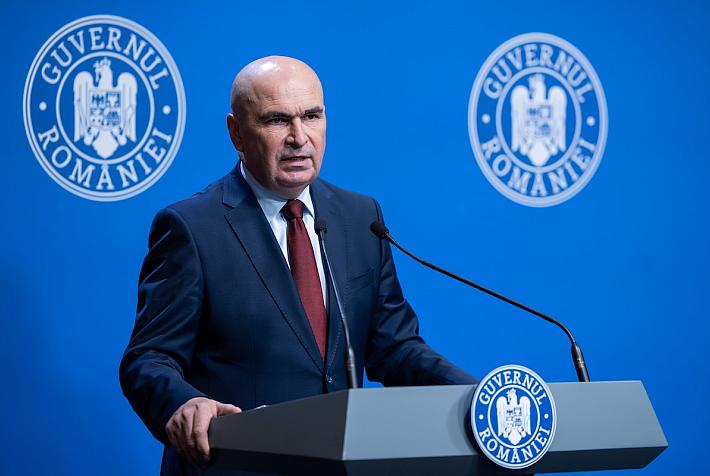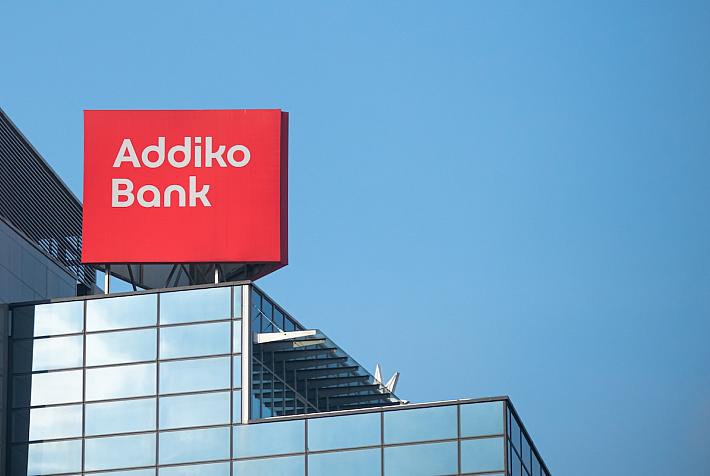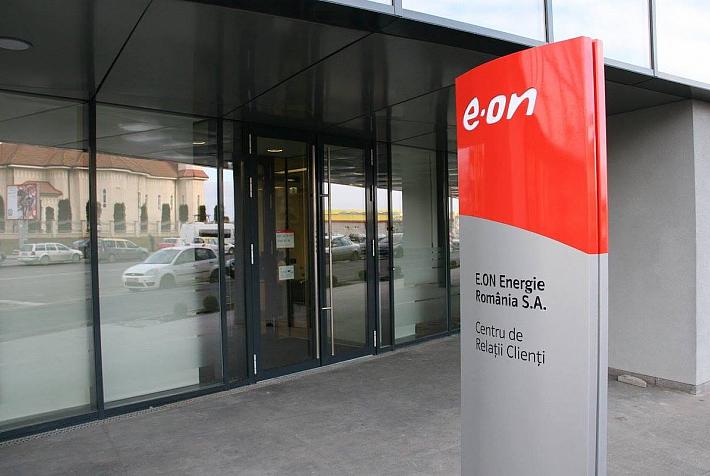(P) Singapore: It's the Caring, Not the Caning

Yeah, we know, the corporal punishment. But Singapore's economic dynamism stems from a service culture based on pragmatic kindness and consideration
Singapore is not known for being soft. On crime, drugs, graffiti, and corruption, the country is world-renowned for its tough stance, punishing offenders with fines, jail time, and yes, the occasional caning.
But in the softer business of delighting customers, Singapore is now beating the naysayers and proving that great service equals cold, hard prosperity.
Retrace Singapore’s financial history just a few decades and you’ll notice a very different picture from what you see today. Singapore has few natural resources other than people and location. In the 1980s and 1990s, Singapore’s industrial base was moving to China where land was vast and labor inexpensive. Administrative tasks were being outsourced to India and other low-cost locations. Like many organizations today, the country was seeing its expected future disappear. And it needed to do something about it fast.
Consider these statistics about the country of Singapore today:
Foreign Reserve: $300 billion-plus
Population: about 4.5 million
Economic Growth: 14.7 percent in 2010, according to Standard Chartered Bank
Those are impressive credentials—a relatively small group of people, living on a small island, creating a massive impact. And considering its current government was born in 1965, Singapore is merely a baby. It’s like the highflier at your workplace who catches the eye of leadership. It’s the player on your team who constantly challenges the status quo. It’s the fearless meeting-attendee who speaks up and shares new ideas, even though he or she doesn’t have rank. It’s the person who, without question, will go above and beyond.
Singapore is a maverick. And it has become a beacon of hope in the past few years due to a simple strategy called "service." I’m not talking about niceties like a fake friendly smile or a cheesy tag line that many companies promote as their customer service policy. Instead, Singapore embraces service as an area for constant focus and improvement, with a mindset that digs deep into the fiber of the country.
Here are four examples of how to follow suit:
1. Entice the Best and Brightest. You may not relate superior service to recruitment. But Singapore understands the nation’s strength depends on the people who live and work there. With only 4.5 million residents, how do you bolster your primary resource—people—and develop it into a world-class phenomenon? Singapore does it by recruiting and retaining the best and the brightest. The country wants all-star residents and innovative workers. So it offers A-players a warm welcome to make the island their home, including friendly service at Immigration and concierge-type attention even in the Employment Pass office.
2. Create Service Efficiency. Take a country that had once built a culture on zero-defect manufacturing, and insert service as your primary outcome. What happens? You get a zero-defect service mentality. Consider the country’s "No Wrong Door" policy. No matter which government office you call, the person who picks up the phone will politely answer the question or personally transfer your call to the agency you need. This doesn’t sound like a big deal until you consider the magnitude of reaching into every government department, giving service education to all employees, and then providing government workers with centralized information so that every caller receives prompt and proper service. It’s especially impressive when you keep in mind that this is a government, not a five-star resort.
3. Take Ownership. Many companies talk about their employees taking ownership of their jobs. It’s often just lip service. But consider Singapore’s Central Provident Fund system. Much like Social Security does in the U.S., the government sets aside a percentage of workers’ incomes so when those workers choose, they can use the money for homeownership, stock ownership, medical care, and eventually retirement. Imagine the impact of this program. The system not only helps each resident afford a home but also serves as a massive crime deterrent. Most residents in the country own homes, so vandalism, burglaries, and other property crimes rarely happen. That’s not from fear of caning; it’s respect for fellow homeowners.
4. Don’t Make Punishment the Point. There have been media frenzies surrounding the country’s policy of caning criminals. And there’s no question that Singapore doesn’t tolerate crime. However, a close inspection of the country’s prison system reveals that even the justice system focuses on superior service. Criminals receive punishment, but the prison system aims to serve the criminal and the country by concentrating on reform. Inmates get the life-skills training and support needed to get back into the workforce. And after releasing prisoners, the government monitors them individually to ensure they all get the tools and support they need to remake themselves as self-sufficient, contributing members of society. This is a service process that gives the people who most need it a second chance to serve.
Can a true service mindset uplift an entire organization? Absolutely. Numerous companies are proving daily how service orientation leads to higher profits: Disney (DIS), Nordstrom, Ritz-Carlton (MAR), Amazon.com (AMZN), Singapore Airlines (SINGY), Four Seasons, Southwest Airlines (LUV), Starbucks (SBUX), and Zappos are just a few examples.
Can uplifting service differentiate an entire country? Singapore proves the case.
This article originally appeared on Bloomberg Businessweek.
By Ron Kaufman
(P- this article is an advertorial)












